Hi Lawrence,
Thanks for the suggestion.
Best,
Esther / MyHeritage Team
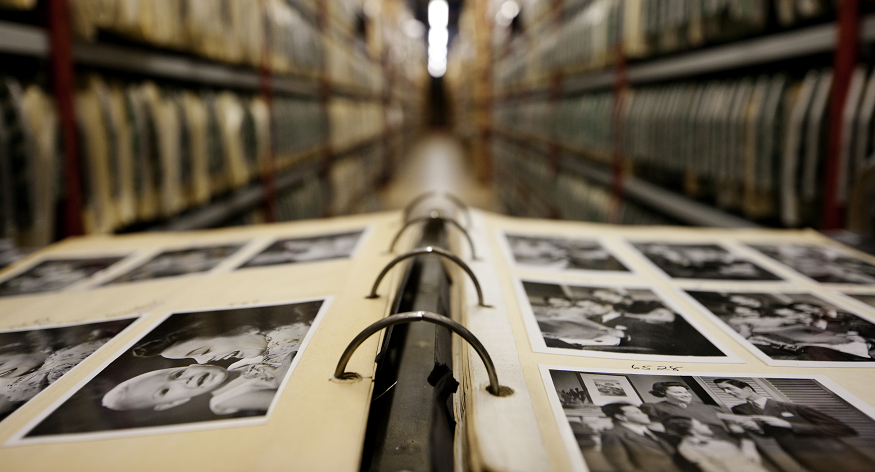

 This is a guest post by Richard Hill, a DNA testing adviser, blogger, author, and presenter. After becoming the first adoptee to identify his own biological family through genetic genealogy in 2007, Richard decided to share what he learned with other adoptees and genealogists by creating the website, the DNA Testing Adviser. In 2012, Richard shared his story in an award-winning book, Finding Family: My Search for Roots and the Secrets in My DNA. Richard’s presentations have been well received by libraries, genealogy groups, and DNA conferences. In May 2018 Richard will be speaking at the annual conference of the National Genealogical Society.
This is a guest post by Richard Hill, a DNA testing adviser, blogger, author, and presenter. After becoming the first adoptee to identify his own biological family through genetic genealogy in 2007, Richard decided to share what he learned with other adoptees and genealogists by creating the website, the DNA Testing Adviser. In 2012, Richard shared his story in an award-winning book, Finding Family: My Search for Roots and the Secrets in My DNA. Richard’s presentations have been well received by libraries, genealogy groups, and DNA conferences. In May 2018 Richard will be speaking at the annual conference of the National Genealogical Society.
Thanks to DNA Quest, you may soon have a close genetic match to a previously lost family member.
If you are an adoptee, you may find a birth parent or sibling. On the other hand, if you or someone in your family once gave up a child to adoption, you may find that child as a grown-up adult.
Now what?
Before you rush into making contact, you need to prepare yourself for a wide range of possibilities.
Case 1: Adoptee Finds First Family
At one extreme, your birth parents married, told their kids about you, celebrated your birthdays and have been actively trying to find you.
At the other extreme, your birth mother never told anyone about your birth, still feels shame, and lives in fear that someone might reveal her secret.
In that second case, you might wonder why she would expose herself by doing a DNA test. Due to heavy advertising that focuses on ethnic ancestry, millions of people are now taking DNA tests without fully realizing that genetic matches also show up. Perhaps she or a close relative tested for reasons that had nothing to do with you.
Most adoptees will encounter situations somewhere in between the two extremes described above. To allow for any scenario, however, you need to make contact with the utmost care, respect and discretion until you know where you stand.
Case 2: First Family Finds Adoptee
In the reverse scenario, the odds are good that an adoptee who did DNA testing would welcome contact from his or her birth family. But once again, he or she may have tested for other reasons and just stumbled into a match with you.
Keep in mind that not all adoptees want to meet their first families. Some feel anger about being “unwanted.” Many fear that contact would be disrespectful to their adoptive parents.
An even more delicate situation occurs when the adoptee was never told about the adoption and still assumes his or her biological family tree goes through the only parents they know.
You need to proceed cautiously until you understand the knowledge and mindset of your adoptee.
Five Tips for Making Contact
1. As soon as you see a close match, take screenshots of everything relating to the match and any associated family tree. In rare cases, people who discover a close relative and are afraid to face the situation will delete their accounts.
2. When you first reach out—perhaps by email or through the testing company’s internal contact system—be pleasant and a little vague about the relationship. For example:
“According to my DNA results on the [NAME test], you and I are closely related. I have an idea how this might be possible, and I would love to discuss this privately with you. Please call me or write back. Here is my contact information…”
Because some people have done more than one DNA test, it is important to mention the name of the site on which the match occurred. It is also good to quickly make it clear that you can be discreet.
Ideally, you want to get your match on the phone as soon as possible so you can comfortably share your side of the story, gather some basic information, and pick up on voice cues.
3. If you do not hear back soon, search elsewhere for a phone number or mailing address using whatever clues you have. If your match was only identified by a user name, search online for that name. It may have been used on other sites.
4. Once you obtain a mailing address, prepare a carefully written introductory letter. Tell a little about yourself. Don’t brag; but leave an impression that you are a nice, intelligent, and well-adjusted person. Gently explain your reasons for searching and why getting answers to your questions means so much to you.
Briefly explain how the amount of DNA you share points to a specific parent-child or sibling relationship. Do not say that you expect an ongoing relationship. Focus on the reasonable answers you seek.
Include photos of yourself at various ages. Sometimes seeing a family resemblance will be enough to warm the heart and bridge the gap.
5. Manage your expectations. Getting your questions answered is the primary goal. A good relationship with newfound relatives would be icing on the cake. But it is not always possible for a variety of reasons. You just have to play it by ear.
Good Luck!
To get more tips by Richard Hill, check out, DNA Testing: Seven guidelines for adoptees.
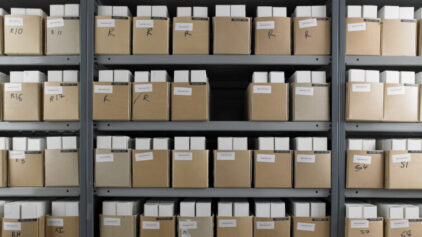
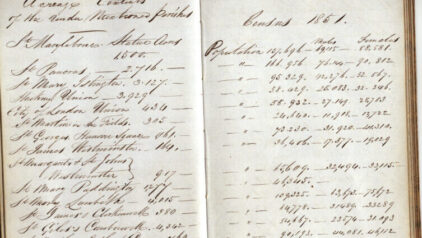
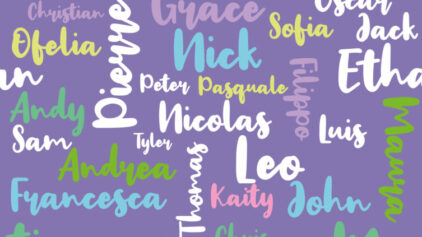



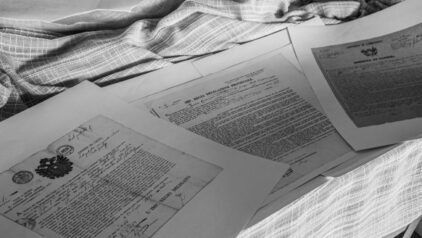

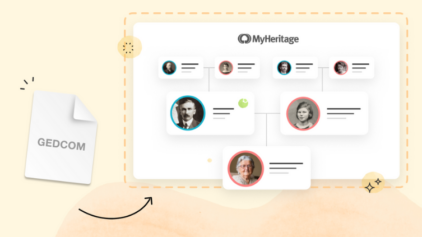
December 18, 2018
Hi Lawrence,
Thanks for the suggestion.
Best,
Esther / MyHeritage Team
January 29, 2019
Hi, I just sent off for my kit and am anxiously waiting. I was born in another country and brought to the US at a young age, foster home to foster home, at the age of 4-5 was adopted. “ mind you my new parents abused me” I always wanted to find my birth patents. My mother was Korean and my father was German and he was in the armed forces. And for reasons unknown they did not want me.
I am now 52 years old and attempted to obtain my closed adoption papers and since I was adopted in California my records will always be sealed. Unless I have a medical emergency.
I am hoping that this DNA Kit will identify one of my biological parents or perhaps a sibling. I have lived my entire life with no real identity of who I am and where I came from.. Anyways thank you for taking the time out and reading this..
Sincerely
Frances McCormick
Lawrence smith
December 5, 2018
as a computer engineer, i perceive this site could be tweaked to add collaboration features, and distribution email features
it says i have 8000 relatives that match, it is huge task to reach out on individual basis, and be good if we could work as a team